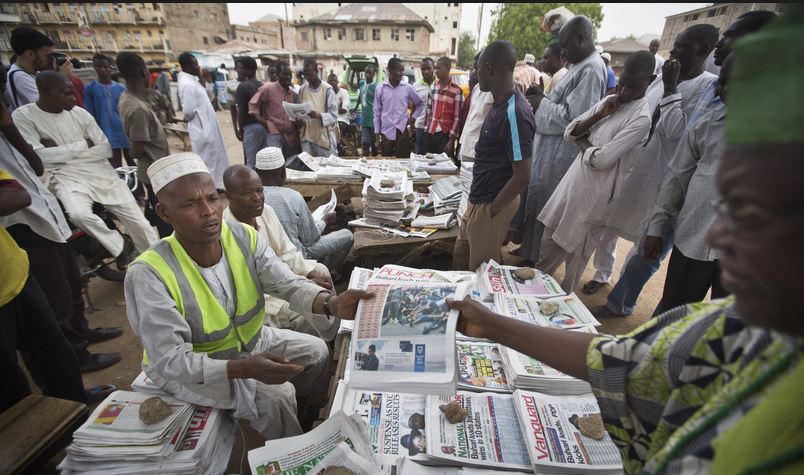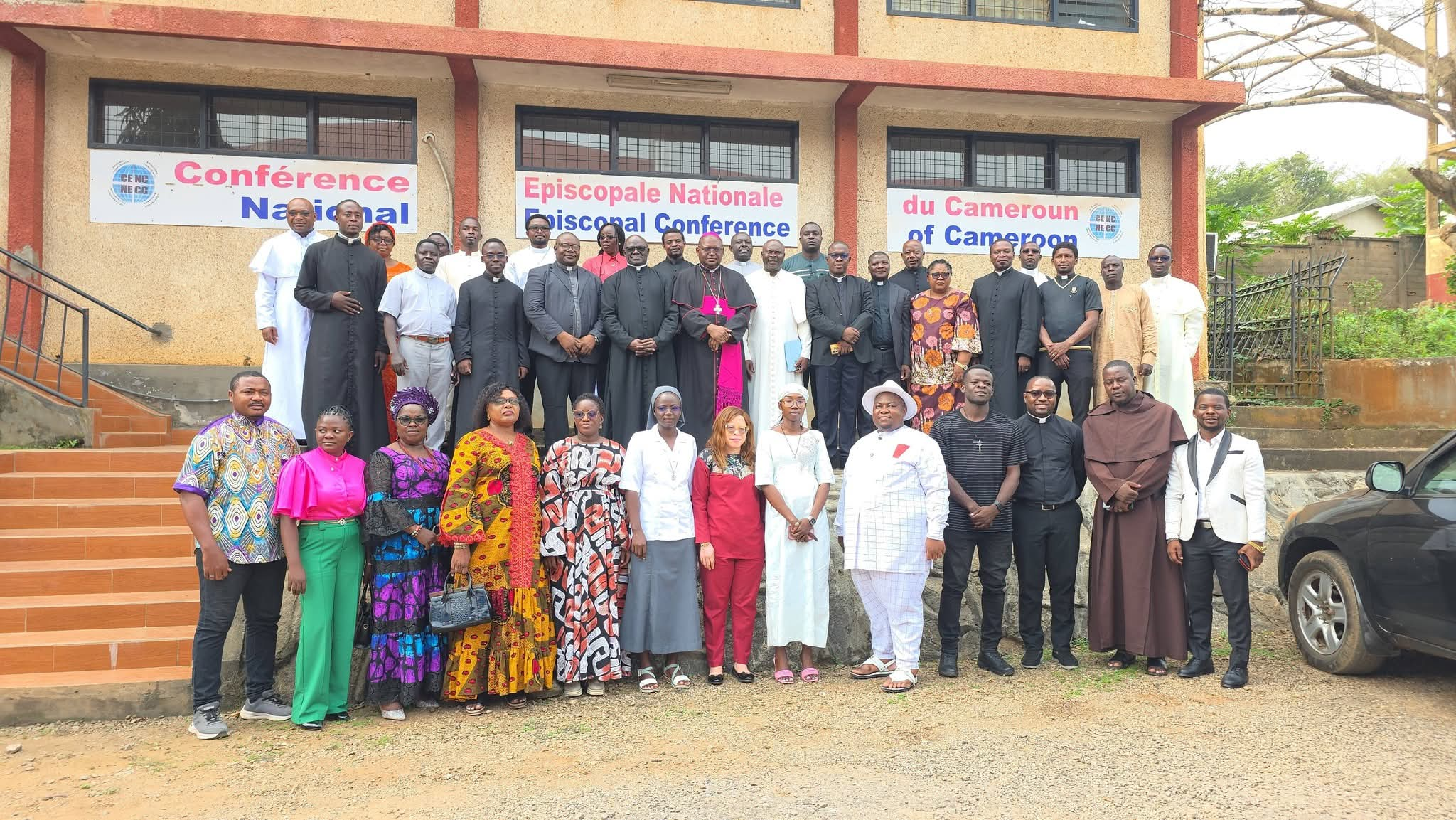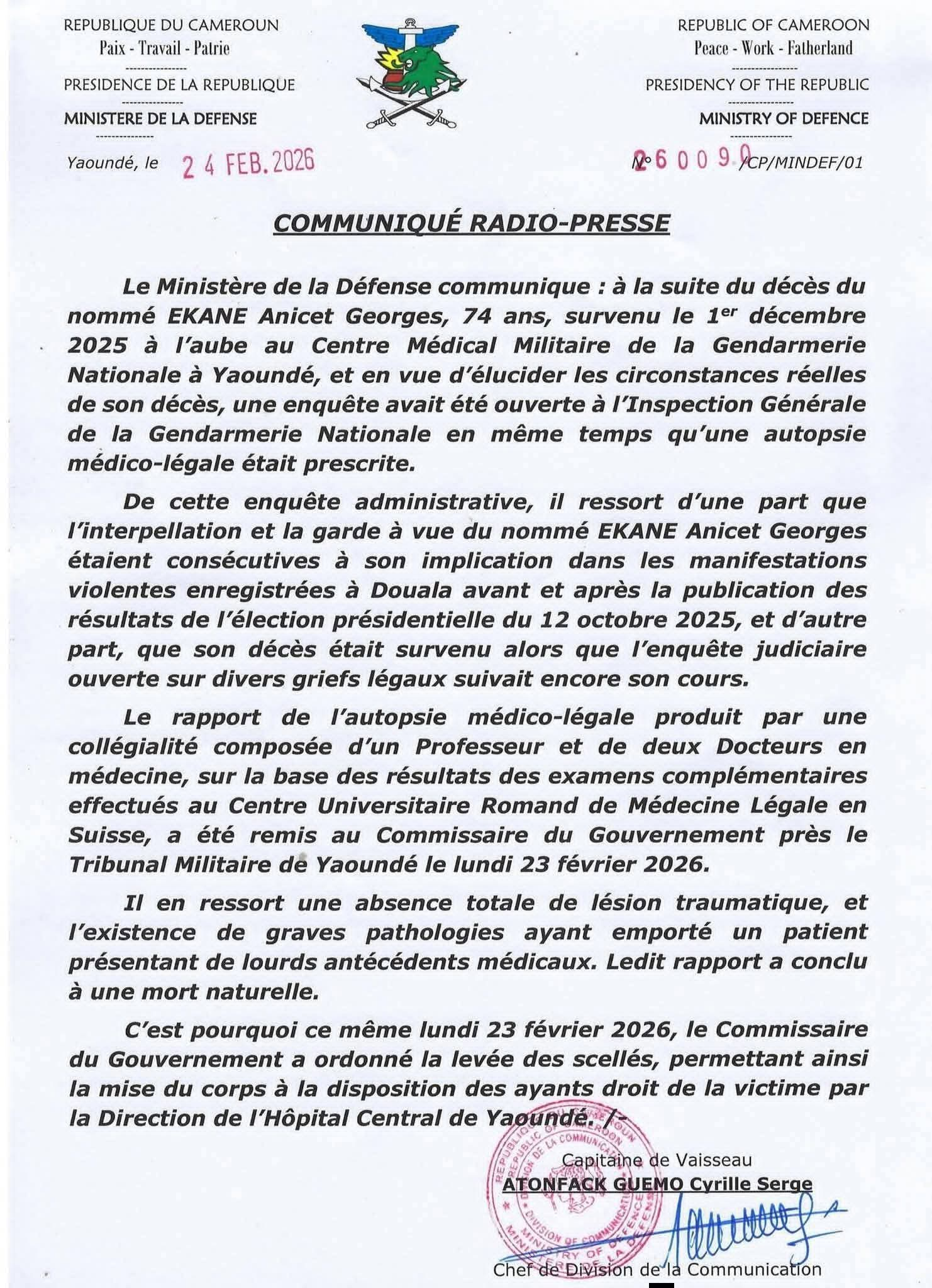The latest security advisories on travels to Nigeria issued by the United Kingdom and Australia on Thursday are some of the trending stories in Nigerian newspapers on Friday.The Punch reports that the United Kingdom and Australia have asked their citizens to avoid travel to Nigeria in the latest security advisories issued on Thursday.
Also, the European Union warned that insecurity might prevent elections from holding in parts of the country, adding that “security climate” was very hostile.
In October last year, the United States, UK, Canada, Germany, and Bulgaria issued terror alerts, warning their citizens in Nigeria to avoid shopping malls, religious centres and hotels which they said could be targeted by terrorists.
But the Federal Government dismissed the advisories, describing them as false and assured Nigerians to go about their lawful business as the country was safe and secure.
Last December, the Tony Blair Institute disclosed that the elections could be disrupted by Boko Haram, the Indigenous People of Biafra and criminal gangs.
In an updated travel advisory on Thursday, the Australian government urged its citizens to reconsider or shelve their intending visits to Nigeria.
A statement by the Australian government read “Nigeria is scheduled to hold national and state elections between 25 February and 11 March. The risk of election related violence is high. You should avoid all political gatherings and election related sites in the lead up to, during and after this period.
“Offices of the Independent National Electoral Commission across the country have already been targeted and should be avoided. Politically motivated murders and kidnappings have occurred, and the threat of further incidents remains high.”
For those planning to visit, the government urged them to “Reconsider your need to travel. We have reviewed our travel advice for Nigeria and now advise reconsider your need to travel to Abuja.”
Corroborating the Australian alert, the UK government also warned that protests might break out during the election.
The UK government said, “Nationwide elections will take place in Nigeria in February 2023, and there is a heightened risk of protests during this period.
“Political rallies, protests and violent demonstrations can occur with little notice throughout the country. International news events can sometimes trigger anti-Western demonstrations.”
The newspaper says that Nigeria, on Thursday, commenced the export of 20 containers of agro-commodities to China, as officials of the Asian country announced that the trade volume between both nations increased to about $26bn in 2022.
As part of plans to increase Nigeria’s non-oil export, the Federal Government, through the Nigerian Export Promotion Council, appointed Zeenab Foods Limited to set up and operate the Nigerian Export Trade House China/Far-East region.
The objective was to increase the volume of export to China and other countries in the far-east region through sensitising, converting, training, guiding and the off-taking of agricultural commodities.
Ginger, sesame seeds and other agro-commodities were loaded in 20 containers (40-feet each), at the plant of Zeenab Foods in Abuja, from where they were moved to the Ports for export to China.
Speaking at the event in Abuja, an official from the China Trade Office/Embassy in Nigeria, Allen Znang, said the export of agro-commodities from Nigeria to China was a milestone, adding that it would further increase the trade volumes between both countries.
He said, “The trade relationship between Nigeria and China is a win-win relationship. Last year, the trade volume between Nigeria and China reached almost $26bn.
“It is more than three times the trade volume between China and Ghana. It is four times the trade volume between China and Kenya and six times the trade between China and Cameroon.”
The Guardian reports that for the second time in about seven months, the Federal Government again acceded to arm-twisting antics of marketers, yesterday, by quietly approving an increment in the pump price of Premium Motor Spirit (PMS), otherwise known as petrol.
According to information circulated to marketers and obtained by The Guardian, a new regime of fuel prices was announced and immediately implemented by marketers.
The decision to adjust prices, according to insiders, is to encourage marketers to open up for business rather than the ongoing phased rationing causing scarcity, long queues and exploitation of Nigerians by independent marketers and black market operators.
Although the Nigerian Midstream and Downstream Petroleum Regulatory Authority (NMDPRA) and NNPCL have remained silent on the development, the same pattern was deployed about six months ago when prices were adjusted to between N160 and N170 per litre.
In the message sighted by The Guardian, major marketers were informed of the changes across geographical zones. PMS is expected to sell for N185 per litre in Lagos, N190 within the Southwest, South South and North Central zones, N195 per litre in the South East, FCT and North West zones, while the commodity is expected to sell for N200 per litre in the North East.
Already, major marketers have begun implementation of the new rates across the zones.
With the announcement, many outlets hitherto under lock and key in Lagos have begun to open up for consumers, creating options for those in dire need of the product, while queues gradually dissipate.
In Abuja, the pump price of the produce is now N194 per litre at retail outlets operated by the Nigerian National Petroleum Company Limited (NNPCL).
The newspaper says that improvised substance, suspected to be dynamite, exploded at a rally organised by the All Progressives Congress (APC) in Rivers State.
This is as the flag-off of Edo Central Senatorial campaign of the Peoples Democratic Party (PDP) turned violent and one person was reportedly shot dead, while others sustained injuries.
In the Rivers incident, supporters of the party, whose leader is former Minister of Transportation, Chibuike Amaechi, sustained injuries.
The victims, mostly women and youths, were evacuated to undisclosed hospitals for treatment.
The Guardian gathered that trouble started during a disagreement between youths of Rumuji community, owners of the Igboukwu field, and APC officials over access to the field.
The youths were said to have prevented the party from holding the rally at the field located near popular Mile One Market in Port Harcourt City Council.
An eyewitness, Mrs Ijeoma Amadi, said: “We were in our shops near Mile One Market when we heard the sound of explosion at the venue where the rally was going on. As we moved to observe what was going on, the sound became heavier and we saw some persons injured, blood gushing out.
“Party officials had quarreled with youths of the community over access to the venue of the rally before the explosion occurred.”
When The Guardian visited the scene, people were seen discussing in groups.
Rivers State Publicity Secretary of APC, Darlington Nwauju, confirmed the incident, describing it as a “black day in Rivers.”




